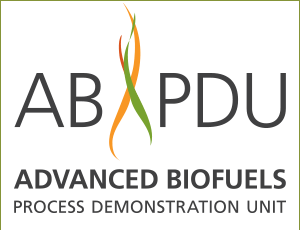Degree Requirements
The Master of Bioprocess Engineering (MBPE) program is a full time, in-person, 28-unit minimum, two-semester program designed to prepare graduates for meaningful careers as Bioprocess Scientists and Engineers in the biotechnology industry. Each cohort begins during the Fall semester and graduates in the Spring.
Below please find a sample curriculum of both required courses and electives:
Fall semester (14 units)
-
CHMENG 170A Biochemical Engineering (4 units)
-
CHMENG 170L Biochemical Engineering Laboratory (3 units)
-
CHMENG 298B Seminar in Bioprocess Engineering (1 unit)
-
Elective (3 units)
-
Elective (3 units)
Spring semester (15 units)
-
CHMENG 170B Biochemical Engineering (4 units)
-
CHMENG 275 Advanced Bioprocess Engineering (3 units)
-
CHMENG 275L Advanced Bioprocess Engineering Laboratory (4 units)
-
CHMENG 298B Seminar in Bioprocess Engineering (1 unit)
-
Elective (3 units)









